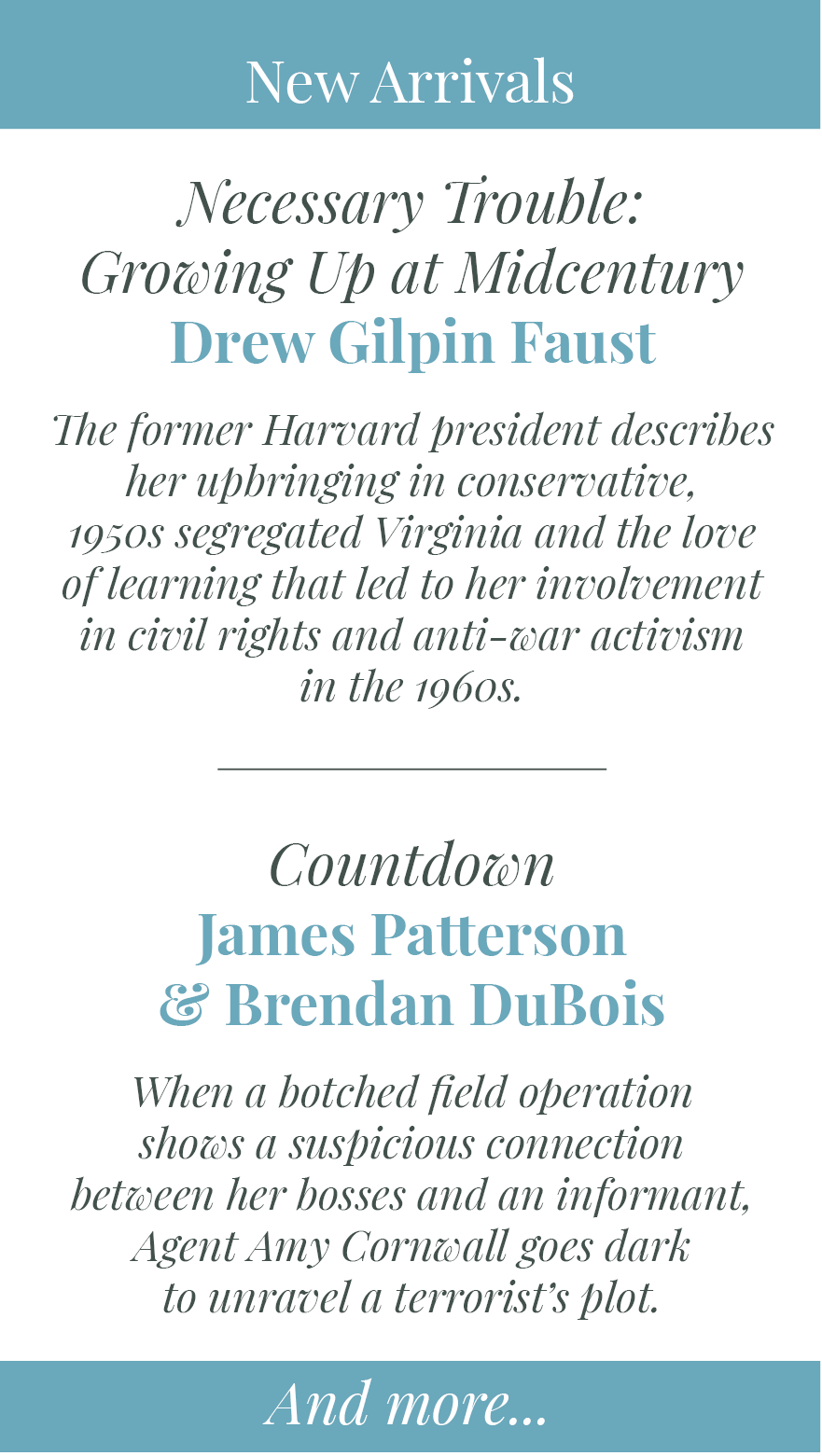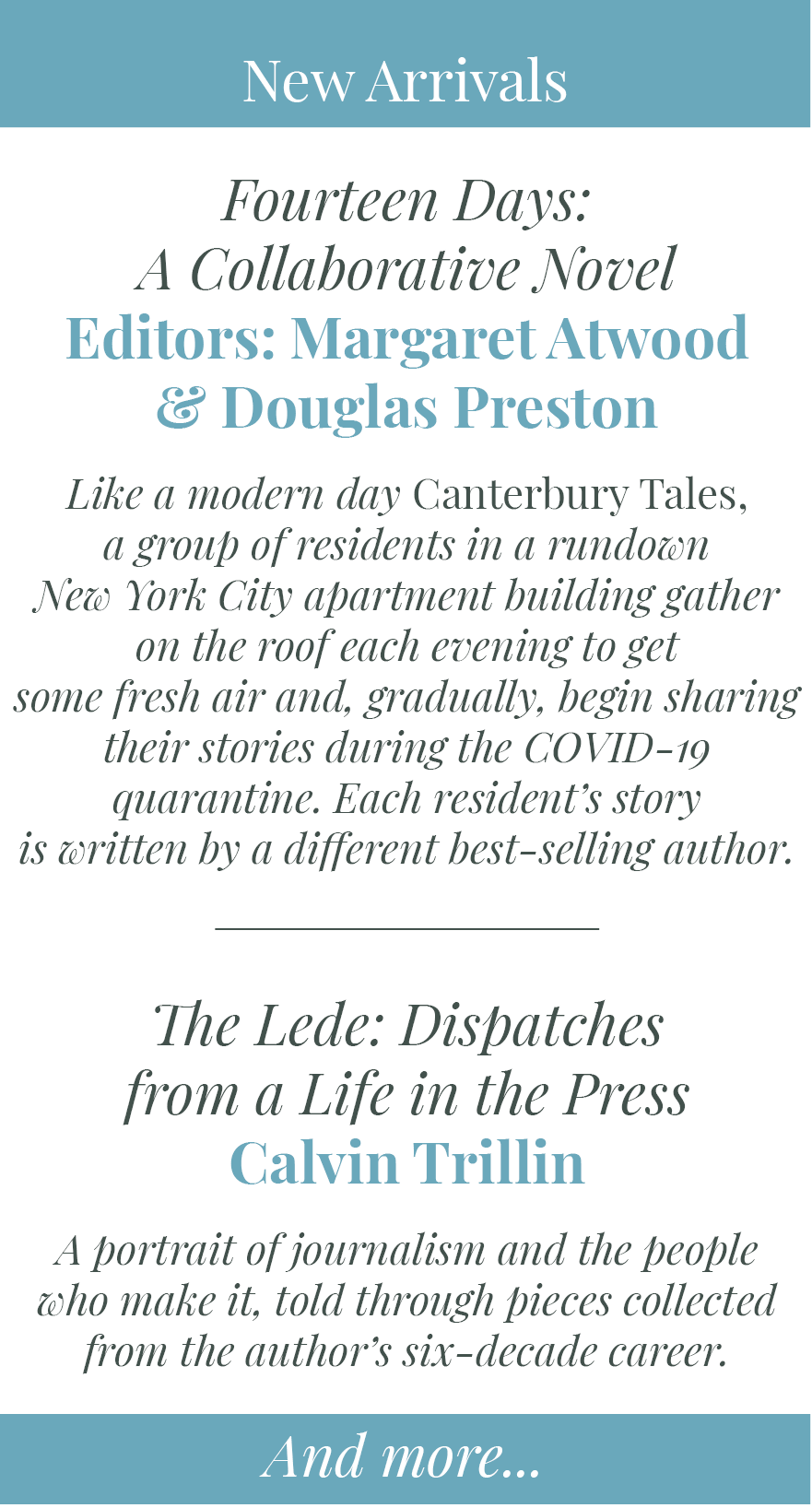The shocking circumstances surrounding the murder are not revealed until the very end of the book. Meanwhile the reader is left to speculation, based partly on Dexter’s last words, that the motive has something to do with the close relationship that develops between Dexter and Pete’s wife after Pete is reported missing in action and presumed dead. This is proven false when an emaciated and injured Pete returns home four years later.
In a flashback, Grisham describes Pete’s experiences after the surrender of US armed forces in the Philippines in 1942. He provides a well-researched and compelling account of the brutality of the Bataan Death March, and what it was like to be held in a Japanese prisoner of war camp. Eventually Pete escapes and joins resistance units that attack Japanese forces when the opportunity presents. This makes this novel part history book as well as a murder mystery and love story. The Reckoning is probably my favorite of all the Grisham books I have read, and I’m a big fan. The story’s slice of WWII history, interesting characters, and unexpected ending make it worth a read. Losing Music: A Memoir by John Cotter Reviewed by David and Faye Herold, originally published in the March 2024 issue of the 1666 Coffman Newsletter At age thirty the author, an editor of medical newsletters, realized he could no longer hear the ocean. Familiar music, even played more loudly, was missing much that he had formerly heard. His hearing loss progressed over the next ten years, accompanied by tinnitus and vertigo. His search to get to the bottom of things took him to visits with specialists of the ear— audiologists, otologists, neurologists, and each came to his condition from a different perspective based on their training. He tried the House Ear Clinic in Beverly Hills, and as a last resort the Mayo Clinic in Rochester, MN. He writes of his experiences with coping—the limitations of even the best hearing aids, and the realization that he was among society’s little-regarded disabled. He mentions the very obvious ear horns of an earlier age (cupping a hand to the ear increases sound six decibels), and that today’s hearing aids are deliberately designed to hide a disability. Beethoven’s deafness is briefly considered, and from the letters of Jonathan Swift he extracts a life-ending suffering from what was almost certainly Meniere’s Disease before this condition of the ear was described by medical science. Helen Keller is attributed as saying “blindness separates people from things; deafness separates people from people.” This book, in the Biography section of the Library under Cotter, is sure to deepen a reader’s appreciation of hearing loss for the disability it really is. Also, in the 1666 Authors section on the upper level of the Library (and available on Kindle), you can find Sounding the Soul: The Art of Listening, a book about sound, music, the ear, and listening, by our Mary Lynn Kittelson. |
NewsletterCoffman residents, signup for monthly updates from the Library! Thank you!You have successfully joined our subscriber list. Posts by Year
All
Posts by Month
July 2024
|



